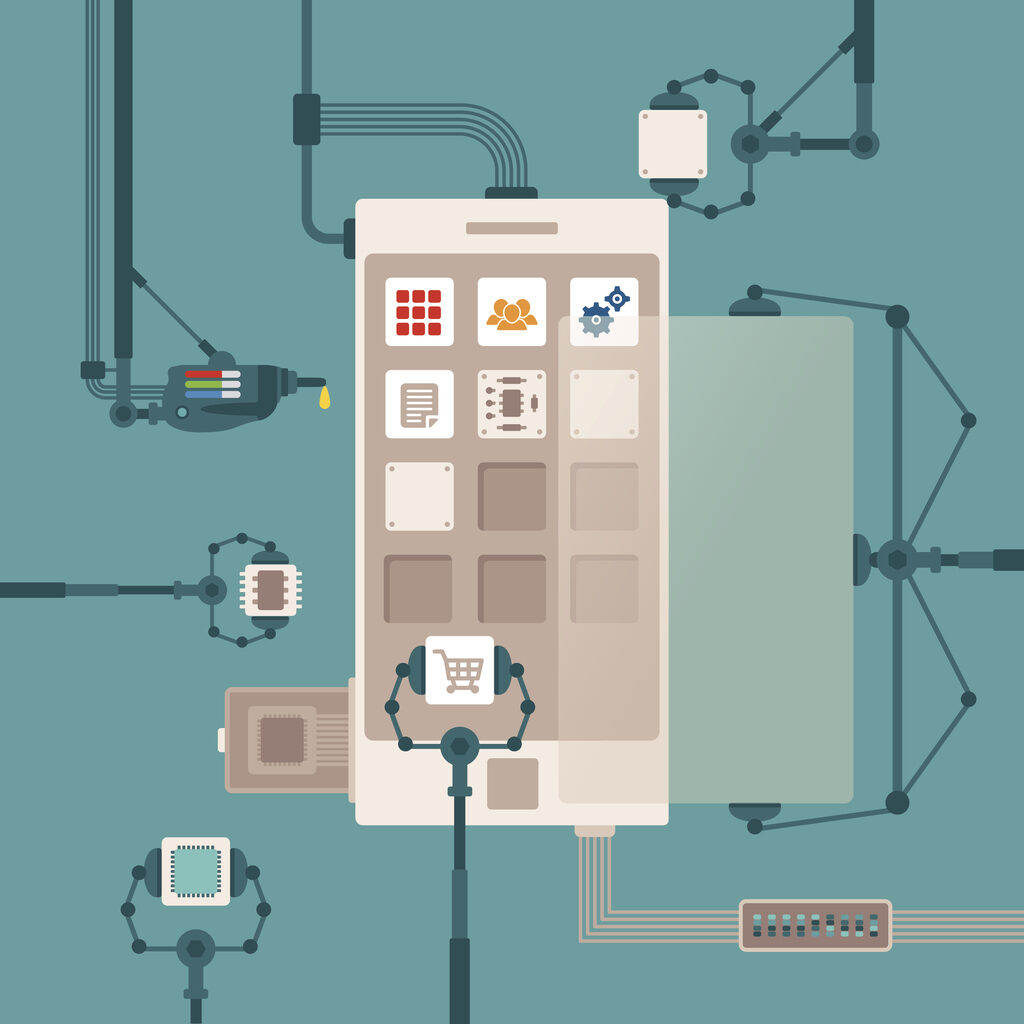Insights < BACK TO ALL INSIGHTS
Apple Decides To Clean House
Apple Decides To Clean House
By: Ifrah Law
App developers, take note: due to Apple’s latest “clean-up” project, you should review your current apps to ensure that they meet Apple’s new App Store Review Guidelines. Make sure that your app is not a clone, does not offer spam or pirated material, is up-to-date, and has a “unique feel.”
What prompted Apple’s clean-up project? A personal anecdote may explain. Like many of you, I have trouble remembering the increasingly-complex passwords that all websites seem to require these days. To save my sanity, I went to the Apple App Store on my iPhone to find an app that could store all of the passwords. What I found seemed to threaten my sanity anew: hundreds of apps that claim to be able to securely store my passwords. How was I to know which ones were reputable and actually lived up to the claims? Were all of these apps created equal?
Apple itself became concerned with that last question about a year ago, when it decided to rewrite its publishing guidelines for its App Store. These new publishing guidelines – and Apple’s new policy of strictly enforcing these guidelines – will prove useful to consumers and innovative app developers who want to be able to weed out the good apps from the bad. Who is “bad” and who is “good,” however, is not so black and white. App developers need to be aware of certain red flags in order to avoid getting kicked out of the App Store.
Apple’s clean-up project began in earnest almost exactly a year ago. In September 2016, Apple sent out a letter that announced that it would begin scrubbing the App Store of apps that failed to follow Apple’s content guidelines or were outdated. The letter also announced that if it found an offending app during its audit, developers would have 30 days to issue an update. Failure to issue an update would result in the app’s removal from the App Store. Apple also reassured consumers that had already downloaded an app, stating that they would be allowed to use the outdated app on their phones. New customers, however, would not be able to download the offending app.
With the rollout of Apple’s clean-up project came big changes. App intelligence firm Sensor Tower reported that app removals increased by 238% in October 2016. Of those deletions, 28% were games. In that month, approximately 47,300 apps were removed, Sensor Tower reports, a number 3.4 times higher than the monthly average (14,000) of app deletions for January through September, 2016.
Since last year, Apple has reinvigorated its clean-up efforts by introducing Rule 4.2.6last June in its publishing guidelines. Rule 4.2.6 is aimed at eradicating “templatized apps” that pose unique problems to consumers. Many app developers use template programs, which allow these developers to create apps without having to know or to write the app’s code in its entirety. Many of these apps are quality apps and not blatant knock-offs of other apps, which Apple will likely allow to remain for sale in the App Store, predicts TechCrunch. But some are not. For instance, popular games are cloned many times over to capitalize on the original game’s popularity. Some cloned apps are designed merely to ensnare consumers in a single ad or conversion module or in a subscription service that charges high fees. Lastly, many templatized music-streaming apps which offer pirated content are designed only to allow the designers a small revenue burst before the app is removed.
TechCrunch reports that armed with Rule 4.2.6, Apple has removed hundreds of thousands of apps, including those apps that are clones, scams, or have not been downloaded in years. For app developers, the challenging aspect of this clean-up project is that it is unclear how much templatizing is too much. The rule is written in a way that leaves little guidance for app developers, so developers are encouraged to ensure their apps are unique and as up-to-date as possible to avoid getting the axe from Apple.





